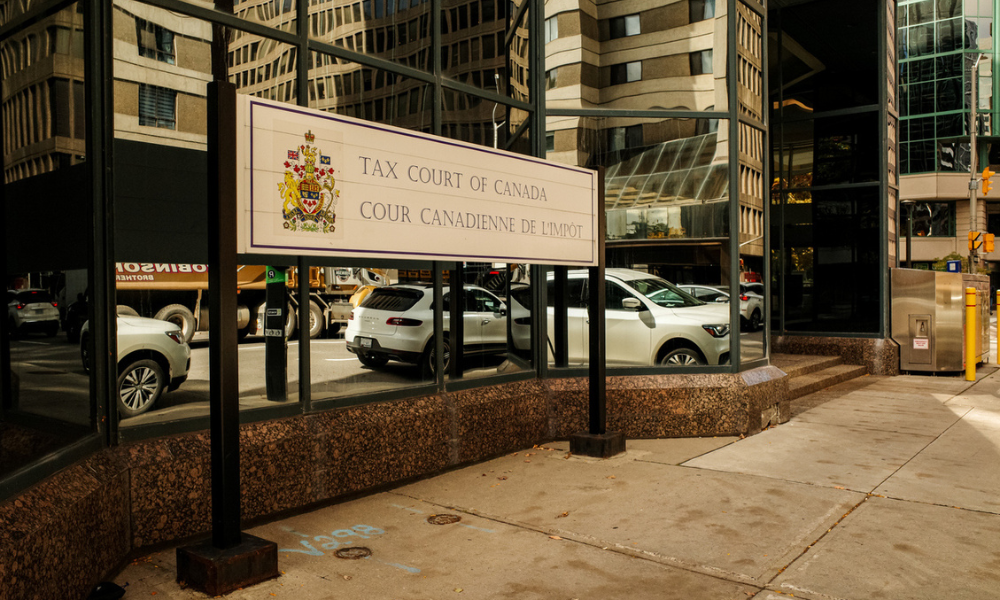A jury found that he failed to investigate his patient’s worsening symptoms adequately

The Ontario Court of Appeal has dismissed a neurologist’s appeal of a medical malpractice lawsuit, upholding the jury’s award of $1.5 million in damages.
In Henry v. Zaitlen, 2024 ONCA 243, Sean Henry was diagnosed with a spinal dural arteriovenous fistula, a rare and serious condition, in 2010 after a series of missteps in his medical care. The appellant, Dr. Marshall Zaitlen, contended that the jury's verdict, which held him responsible for breaching the standard of care and awarded substantial damages to Henry, was unreasonable and unjust.
The Court of Appeal, however, found that the jury’s decision was well-supported by the evidence presented during the trial. Expert testimony indicated that Dr. Zaitlen failed to investigate Henry’s worsening symptoms adequately and did not follow up with recommended imaging that could have led to an earlier diagnosis. This mismanagement was pivotal in Henry’s condition deteriorating to paraplegia before the fistula was finally detected and treated.
The jury awarded Henry nearly $1.5 million, covering general damages, past and future income loss, and future care costs. Additionally, damages were awarded to the estate of Henry’s late wife for loss of care, guidance, and companionship.
In their assessment, the Court of Appeal stated that a "high degree of deference" was given to jury verdicts, emphasizing that their findings should not be overturned unless they lack any reasonable evidentiary support. The appellate court concluded that the jury had acted within its authority to make decisions based on credible evidence, particularly the expert medical testimony criticizing Dr. Zaitlen’s handling of the case.
Furthermore, the court rejected the argument that the jury’s explanations for its findings were insufficient or showed a lack of judicial reasoning, noting that jurors are not required to provide detailed reasons like trained legal professionals.
The court maintained that the jury’s conclusions were consistent with the evidence presented at trial. Ultimately, the court dismissed the appeal with an order for costs, firmly upholding the jury’s verdict and the lower court’s judgment in favour of Henry.









